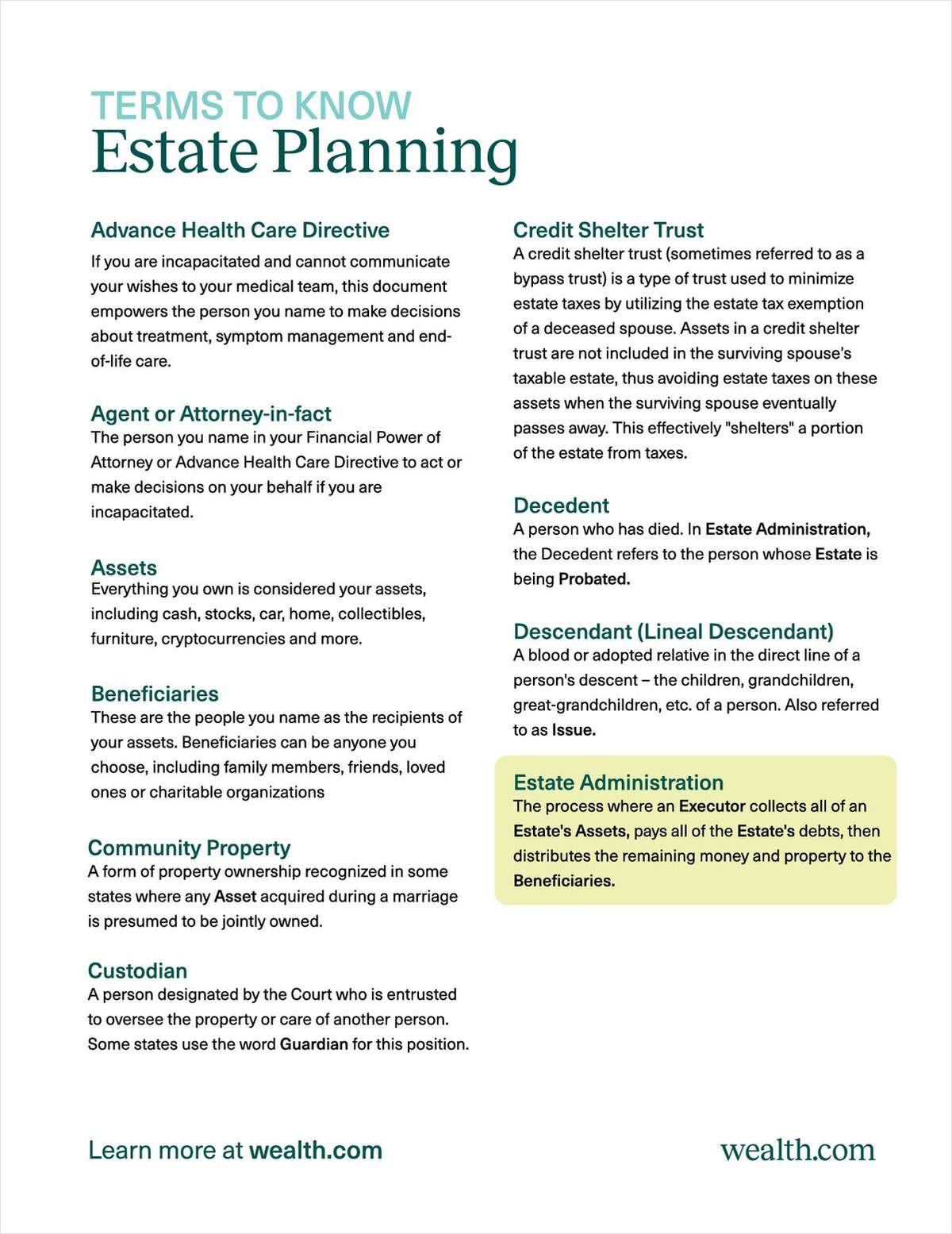WASHINGTON BUREAU — Members of the Senate Health, Education, Labor and Pensions Committee today voted 13-10 to pass a health system bill after amending it to protect the ability of health agents to act as consumer advisors.
HELP Committee members passed the Affordable Health Choices Act, which does not yet have a bill number, on a party-line vote after completing a month-long drafting process.
Meanwhile, producer groups that brought more than 1,000 agents and brokers to Washington for a "fly-in" were expressing concern about the possibility of excessive government interference in the health insurance market.
FLY-IN PARTICIPANTS GET BRIEFING
The groups sponsoring the 2-day "fly-in" this week are the Independent Insurance Agents and Brokers of America, Alexandria, Va.; the National Association of Health Underwriters, Arlington, Va.; the Council of Insurance Agents and Brokers, Washington; the National Association of Insurance and Financial Advisors, Falls Church, Va.; and AHIA-NAIFA, NAIFA's health insurance affiliate.
Producers and health insurers have been most vocal about provisions of the HELP health bill, the Affordable Health Choices Act, which would create a public health coverage option administered by the U.S. Department of Health and Human Services and another section that would create a "Navigators" system to help individuals and small groups find health coverage.
"Health insurance agents and brokers strongly oppose a government-run public plan that would unfairly compete with the private health insurance market, divide risk pools and pile on significant unnecessary costs to health care reform compared to sensible improvements to private insurance markets," the producer groups that organized the fly-in say in a joint statement.
But producer group representatives were expressing cautious optimism about the Navigators system provision.
The bill approved by the HELP Committee includes a Navigators system amendment, offered by Sen. Orrin Hatch, R-Utah, that received strong support from producers.
The original version of the Navigators provision would have awarded grants to public and private entities to "conduct public education; distribute fair and impartial information regarding health plans; [and] assist with enrollment and provide information."
That original version would have barred agents from participation in the Navigators health education and enrollment assistance program.
The Hatch amendment adds "other licensed insurance agents and brokers" to the list of individuals and organizations authorized to serve as Navigators.
The Hatch amendment also mandates that any information given to consumers who use the Navigators system be provided by "qualified, and licensed, if appropriate" personnel."



